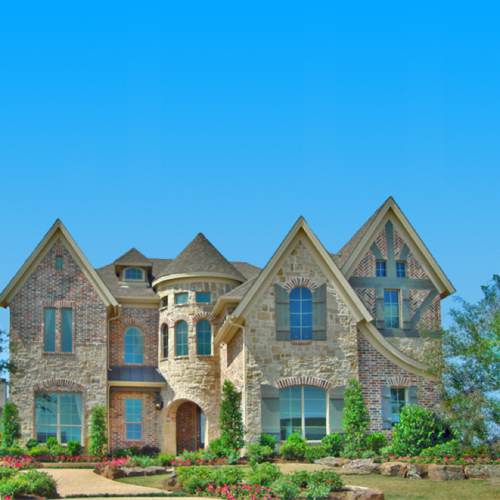People don't need to be logical or well-informed to form their own subjective preferences for aesthetics. People can just like stuff. Or dislike stuff. And those opinions are all equally valid. They are subjective. There is no correct answer, and no wrong answer. If someone prefers McMansion aesthetics, they are not wrong, even if it's not my preference. People will find beauty, value, meaning, or lack thereof in anyway they want.
The security guard probably cares about his own opinions. He has to go to work there everyday. He probably cares whether the place he spend most of his waking hours is ugly or beautiful or uplifting or soul crushing. I'm curious what he thinks, too. There are few people in the world that could know the building better than he does. He probably knows every square inch of this Paul Rudolf masterpiece. Him and a lot of the workers there. Part of the reason I've taken an interest in this building is
@type001 mentioned they enjoyed working there years ago, and I thought that was interesting. It didn't square with my feelings about the place, so I got curious to go give it a closer look.
But beyond that, your responses have pushed me really quickly to thinking this form of historical preservation is terrible. It is so narrow minded to be treating personal preferences as correct or incorrect. It is so condescending to suggest people have "bad taste" because they're uninformed or won't think logically. It is so dismissive to not care about the opinions of the people who deal with this building day in and day out. And it's elitist to make a small group of professionals the sole arbiters of taste and value in a legally binding way. If this is the core or historic preservation, then burn that system to the ground.



